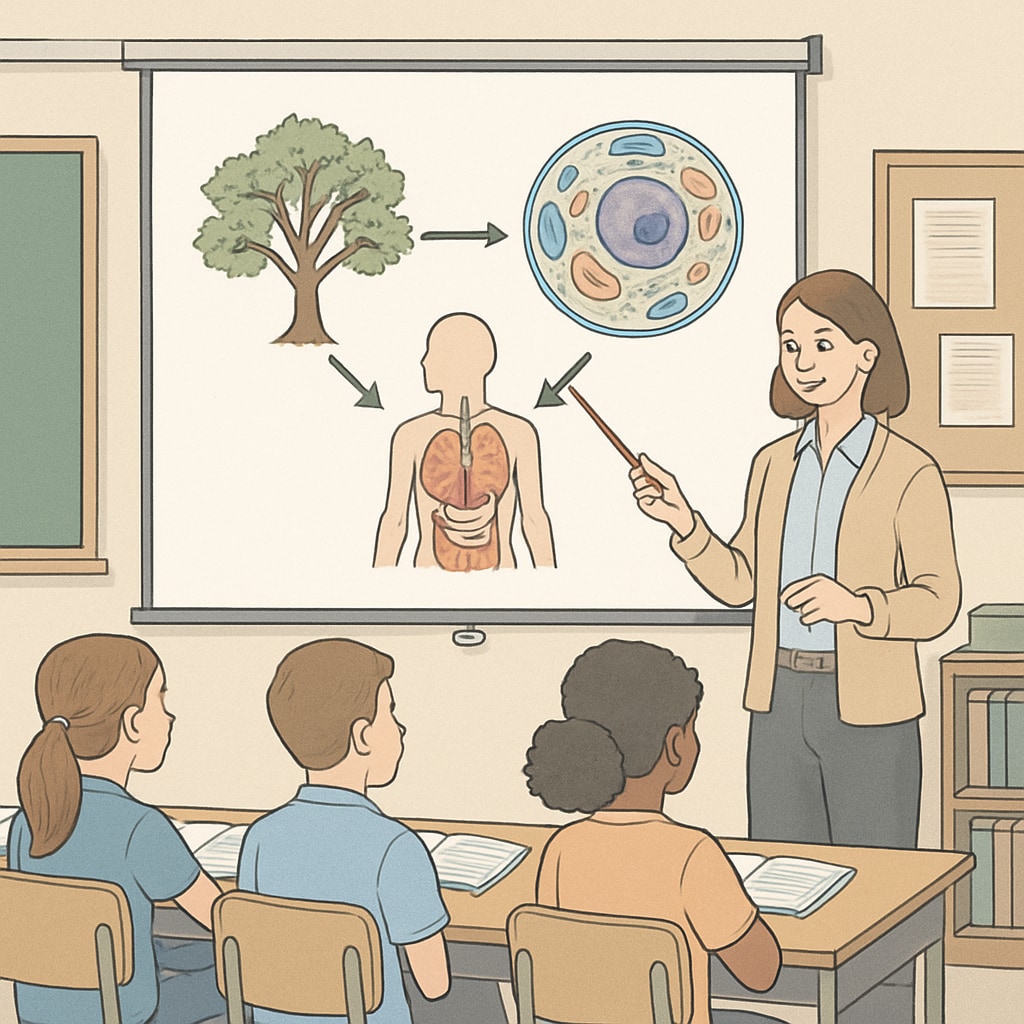The transition from biology to education through a master’s degree is an increasingly attractive option for students seeking meaningful, interdisciplinary careers. For biology graduates passionate about teaching and inspiring the next generation, this move combines their scientific expertise with educational strategies, opening doors to impactful opportunities. This article examines the feasibility of pursuing an education-focused master’s degree, highlights unique advantages, and offers practical guidance for making this shift.

Why Biology Graduates Are Well-Suited for Education
Biology graduates bring a unique set of skills to the education field. Their deep understanding of scientific processes, analytical thinking, and problem-solving abilities are highly valuable in classroom settings. Moreover, their expertise in STEM (Science, Technology, Engineering, and Mathematics) subjects aligns with the growing demand for educators skilled in these areas.
In addition, biology students are trained to simplify complex concepts—a skill critical for teaching. For example, explaining cellular processes or ecological systems to non-experts mirrors the skills required to engage students effectively in a school environment.
- STEM Expertise: Biology graduates meet the increasing need for STEM educators.
- Analytical Thinking: Their research skills help them develop creative teaching methods.
- Communication Skills: Simplifying intricate concepts prepares them for student engagement.
Feasibility of Transitioning to an Education Master’s Program
The pathway from biology to an education master’s degree is not only feasible but highly practical. Many universities offer specialized programs designed for individuals with non-education backgrounds, allowing them to gain teaching skills while leveraging their existing expertise. These programs often include coursework in pedagogy, curriculum design, and classroom management, combined with hands-on teaching experiences.
For instance, a biology graduate could pursue a Master of Education (M.Ed.) with a focus on science education. This degree equips them to teach biology at secondary or post-secondary levels, while also preparing them for roles in curriculum development or STEM outreach programs.
Key considerations when transitioning include:
- Program Selection: Research universities offering tailored education programs for STEM graduates.
- Certification Requirements: Understand state-specific teaching certifications.
- Financial Planning: Explore scholarships or assistantships for education students.

Career Opportunities for Biology Graduates in Education
Once equipped with an education master’s degree, biology graduates have access to diverse career paths. These roles range from traditional teaching positions to specialized roles combining their scientific expertise with education innovation. Below are some of the most promising opportunities:
- Secondary School Teacher: Teach biology or general science to middle and high school students.
- Curriculum Developer: Design educational materials for STEM subjects.
- STEM Outreach Coordinator: Promote science education through community programs or nonprofit organizations.
- Educational Consultant: Advise schools on integrating STEM into their curricula.
Moreover, this career shift aligns with broader educational trends, such as the integration of interdisciplinary approaches and the increasing emphasis on STEM education worldwide. For example, the Britannica article on STEM education highlights the global demand for science educators, particularly those with real-world expertise.
Practical Steps for a Successful Transition
Making the leap from biology to education requires careful planning and commitment. Here are actionable steps to ensure a smooth transition:
- Assess Your Interests: Reflect on whether teaching aligns with your career goals and personal strengths.
- Gain Classroom Experience: Volunteer or work as a teaching assistant to familiarize yourself with educational environments.
- Network with Educators: Connect with professionals in the field to gain insights and advice.
- Enroll in a Bridging Program: Look for master’s programs that support STEM graduates.
- Stay Updated: Follow developments in STEM education through reliable sources like STEM fields on Wikipedia.
By following these steps, biology graduates can leverage their scientific background to build fulfilling careers in education.
Conclusion: A Promising Intersection of Science and Education
The transition from biology to education through a master’s degree is not only feasible but full of potential. This career path allows biology graduates to utilize their scientific knowledge while contributing to the growth and development of future generations. Whether teaching in classrooms, developing curricula, or promoting STEM education, the intersection of science and education offers rewarding opportunities for passionate individuals.
If you’re a biology graduate eager to make an impact beyond the lab, pursuing a master’s degree in education could be your next great adventure.


